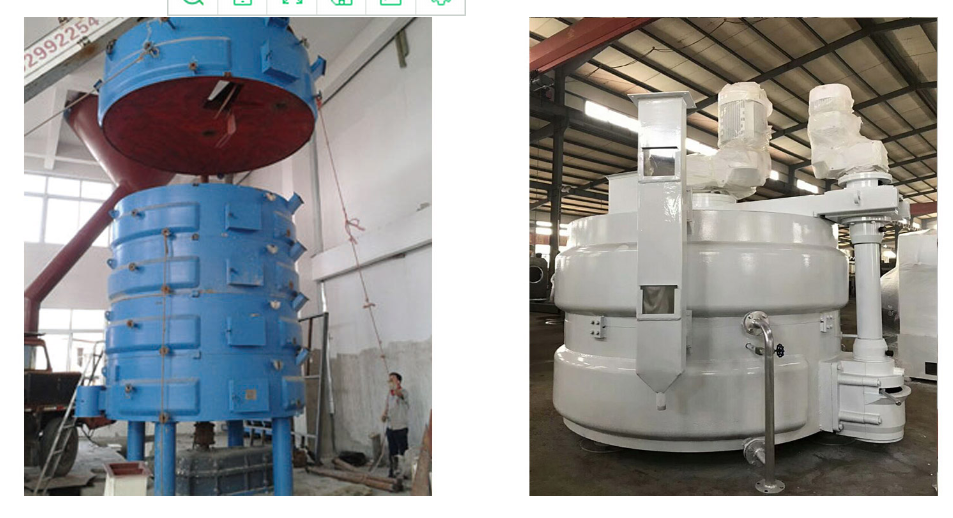Nov . 23, 2024 07:19 Back to list
china edible oil filter machine
The Rising Demand for Edible Oil Filter Machines in China
In recent years, China's edible oil industry has experienced rapid growth, driven by increasing consumer demand for quality cooking oils. With this expansion, the need for efficient processing technologies, particularly edible oil filter machines, has become more pronounced. These machines play a crucial role in producing high-quality edible oils by ensuring that impurities and unwanted particles are eliminated from the final product.
Importance of Filtration in Oil Processing
Filtration is an essential step in the edible oil extraction process. Whether derived from seeds like soybeans, peanuts, or sunflowers, or from nuts and fruits such as olives and coconuts, crude oil contains various impurities. These may include phospholipids, fatty acids, pigments, waxes, and solid particles. If not removed, these impurities can adversely affect the oil's flavor, color, stability, and nutritional value.
Edible oil filter machines are designed to enhance oil purity by employing various filtering methods, including mechanical, chemical, and membrane filtration. The choice of filtration technology largely depends on the type of oil being processed and the specific requirements of the manufacturers. For example, mechanical filtration involves the use of pressure and gravity to separate solids from liquids, while membrane filtration utilizes semi-permeable membranes to remove microscopic impurities.
Types of Edible Oil Filter Machines
China's market for edible oil filter machines is varied and sophisticated. Some common types include
1. Automatic Oil Filter Machines These modern machines offer automated processes that streamline oil filtration, reducing human intervention and increasing efficiency. They are equipped with advanced controls to monitor the filtration process and ensure optimal performance.
2. Vacuum Filter Machines Known for their efficiency in removing fine solids and impurities, vacuum filters use a vacuum to draw the oil through a filter medium, resulting in clearer and purer oil. This technology is popular among manufacturers aiming for high-quality edible oils.
china edible oil filter machine

3. Centrifugal Oil Filter Machines Utilizing centrifugal force, these machines separate solids from liquids effectively. They are particularly useful in the initial stages of filtration, where large particles need to be removed quickly.
4. Leaf Filter Machines These machines use filter leaves to trap impurities, and they are commonly used for batch processing of oils. Leaf filters can be easily cleaned and reused, making them a cost-effective solution for many oil processors.
The Future of Edible Oil Filtration in China
As China continues to urbanize and its middle class grows, consumer preferences are shifting towards healthier and higher-quality edible oils. This change is driving investments in advanced filtration technologies to meet the demands of discerning consumers.
Environmental concerns also play a significant role in the evolution of this industry. The push for sustainable practices has prompted manufacturers to adopt filtration processes that minimize waste and energy consumption. Innovations in biodegradable filter media and more efficient machines are emerging as the industry looks to reduce its environmental footprint.
Moreover, the integration of smart technology into edible oil filter machines is on the rise. IoT devices and artificial intelligence are being implemented to monitor and optimize the filtration process, ensuring consistent quality and reducing downtime.
Conclusion
The edible oil filter machine market in China is poised for significant growth as the country continues to embrace healthier lifestyles and higher standards for food products. With advancements in technology and a focus on sustainability, the future of edible oil filtration looks promising. Manufacturers who invest in state-of-the-art filter machines will not only enhance their product quality but also position themselves competitively in the evolving market landscape.
-
HP 120 Cold Oil Press-Hebei Huipin Machinery|Oil Extraction, Cold Press
NewsAug.07,2025
-
HP 120 Model Cold Oil Press-Hebei Huipin Machinery|Cold Oil Extraction, High Efficiency
NewsAug.07,2025
-
HP 120 Model Cold Oil Press - High-Efficiency Oil Extraction&Automated Processing
NewsAug.07,2025
-
Safflower Oil Press Service | Expert & Efficient Solutions
NewsAug.07,2025
-
HP 120 Model Cold Oil Press - Hebei Huipin Machinery | Advanced Oil Extraction Technology
NewsAug.06,2025
-
HP 120 Cold Oil Press-Hebei Huipin Machinery|Cold Pressing, Oil Extraction
NewsAug.06,2025
